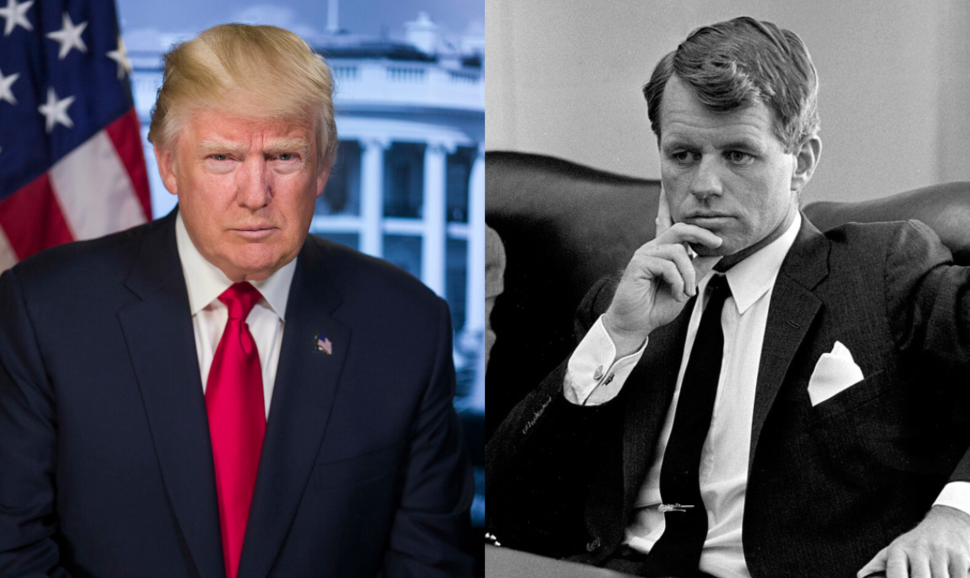The Trump-Russia collusion fiasco supposedly ended several weeks ago.
For some reason, however, the whole collusion story continues to play like “The Song That Never Ends.” Now congressional Democrats and Attorney General Barr are picking up the refrain where Mueller left off. Add in President Trump’s occasional quips about the incident and collusion seems like something America has never before experienced.
Here’s the @POTUS lectern in the Rose Garden. pic.twitter.com/VLzzkjlAxW
— Steve Herman (@W7VOA) May 22, 2019
But is this unprecedented? The first time America has dealt with collusion?
Nope. History clearly shows we’ve been here before.
The first instance happened in 1797 when President John Adams sent a peace commission to France to meet with French Foreign Minister Talleyrand. Adams, known for being critical of the French and sympathetic toward Britain, wanted to assure France that his administration did not wish to intervene in France’s ongoing war with Britain. He hoped that a successful meeting would yield a peace treaty.
Before that meeting, however, Adams’ political rival, Thomas Jefferson, advised agents of Talleyrand to sabotage the meeting. Jefferson hoped that Adams’ peace-keeping commission would fail and reflect poorly on his administration.
The meeting was a complete disaster. But instead of blaming Adams, the American people blamed the French. Adams’ support grew along with anti-French sentiment. This fiasco came to be known as the “XYZ affair.”
Consider Jefferson’s actions in this episode. Jefferson lost the presidency to Adams in 1796 but came back in 1800 and defeated Adams. In the middle of these two campaigns, Jefferson clandestinely conspired with a foreign power to sabotage the President’s attempt at a peace treaty. America was close to war with France. Adams was seeking a peaceful solution that would be in the interest of both nations, but Jefferson’s subversion nearly hijacked that plan. If this was not “collusion,” I’d like to know what “collusion” is.
Fast forward to December of 1814. New England Federalists convened in Hartford, Connecticut, to discuss their grievances over the ongoing war with Britain and the possibility of secession. Agents of the British government attended the meeting. Collusion?
Instances of collusion aren’t limited to the early years of America’s founding. In his new book, Bobby Kennedy: A Raging Spirit, Chris Matthews reveals that President Kennedy’s brother met privately with an official at the Soviet Embassy in 1961. Their discussion sought to enable the President to directly communicate with Soviet leader Khrushchev behind the State Department’s back.
Sound familiar? In the summer of 2017, President Trump’s son-in-law made headlines for trying to establish a similar backchannel between the White House and the Kremlin. If Kushner’s Russian backchannel is evidence of “collusion,” as many commentators suggested, then what was Bobby Kennedy’s?
Speaking of the Kennedys and the Russians, in May of 1983 Senator Ted Kennedy offered Soviet official Yuri Andropov advice on how to undermine Reagan’s popularity. Kennedy suggested meeting with Andropov in Moscow to discuss tactics.
I am no defender of politicians colluding with foreign governments to impact American politics. Nor am I a lawyer or legal expert. I’m just a guy who knows how to use the internet. As such, I have one request: before you claim something is “unprecedented in American politics,” please consult Google. Doing so suggests that Donald Trump did not drag American politics into the gutter — they’ve been in the gutter for a long time.
—
[Image Credit: Public Domain]
















Leave a Comment
Your email address will not be published. Required fields are marked with *